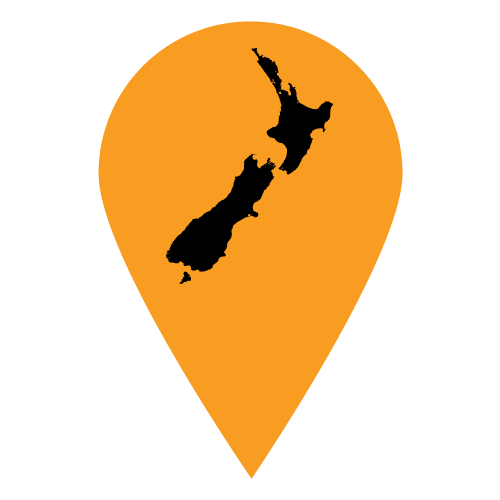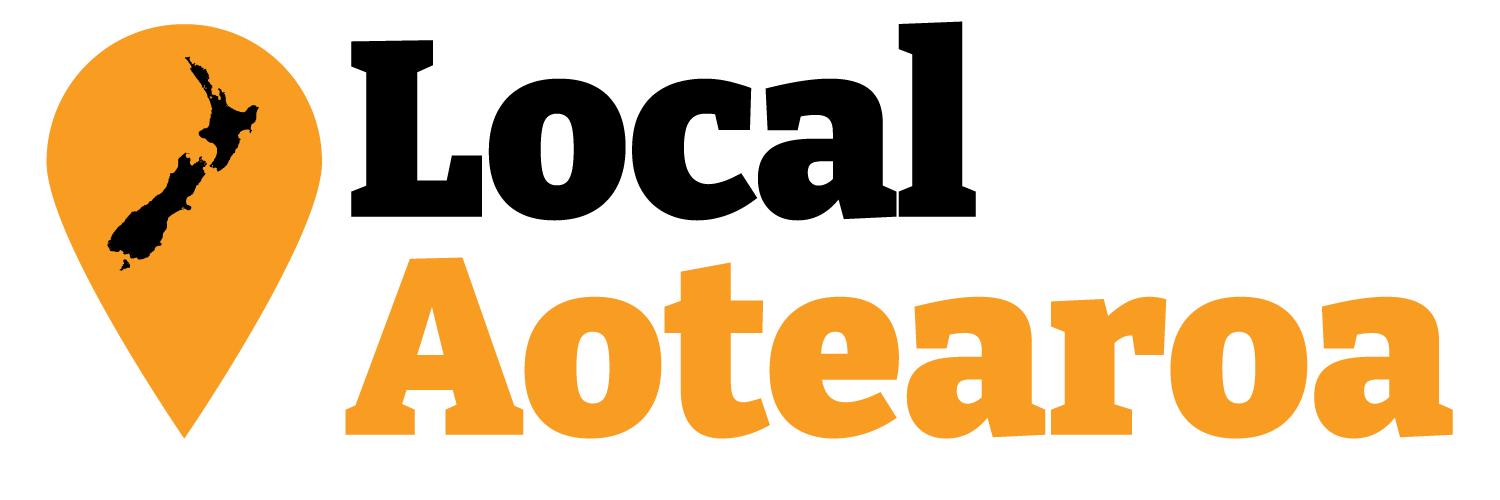Is Auckland's mayoralty the second most important job in New Zealand?
An AI-generated image of Auckland's skyline.
The Auckland mayoralty is often touted as the second most important job in New Zealand politics behind being Prime Minister. But how true is that sentiment and what makes the position so influential compared to other roles?
It goes without saying that being Prime Minister is considered the most important political role in the country. Normally most pundits would then look to the Minister of Finance as the second most important job. The reason being that as Finance Minister you wield considerable influence over the country’s finances and its economy more broadly through the Budget process.
It’s often why, when talking about governments, Finance Ministers are mentioned in the same breath as their Prime Minister. David Lange and Sir Roger Douglas, Jim Bolger and Ruth Richardson, Helen Clark and Sir Michael Cullen, Sir John Key and Sir Bill English, Dame Jacinda Ardern and Grant Robertson all spring to mind in this regard.
In fact, the influence of the finance role is such that after Sir Robert Muldoon held both the Prime Ministership and Finance portfolio simultaneously, it’s been generally agreed that this is too much power to put in the hands of one individual.
So what about the Auckland mayoralty? For a start you’re the head of the governing body of a unitary authority that is responsible for delivering council services and infrastructure to 1.7 million people. As a unitary authority, Auckland Council does everything from environmental regulation and district planning, public transport, three waters, roading, parks and reserves, community facilities, economic and cultural development, and much more.
To put its size in perspective, in 2023 the Auckland Council group (which includes the Port of Auckland) employed some 11,223 full time equivalent (FTE) staff, with the core council itself having an FTE count of 6,203. Christchurch City Council, which governs the country’s next largest urban population (sorry Wellington), had 2,199 FTE. On expenditure the core Auckland Council spent some $3.4 billion versus the core Christchurch City Council’s spend of just under $1 billion.
To put it simply, Auckland Council is at least three times larger than the next largest council. That size comes with the profile and the ability to do things that have a flow on influence for the rest of the country in a way that other councils can’t match. Despite parochial claims to the contrary elsewhere, Auckland truly is the economic, social, and cultural engine room of New Zealand.
Being the head of the council that’s responsible for the day-to-day running of Auckland is obviously going to come with some serious clout. The sheer size of expenditure of Auckland Council is in of itself more than some ministries will spend in an entire year.
With that clout comes the bonus that Auckland mayoralty is also unique in terms of the way it functions. The Local Government (Auckland Council) Act 2009 sets the parameters for the mayor’s powers and responsibilities, and many of them are broadly similar to other mayors around the country in terms of leading the development of long-term and annual plans, appointing a deputy mayor, establishing governing body committees and appointing chairs, but there are some extra things that give Auckland’s mayor that extra bit of influence.
Unlike other mayors, Auckland’s mayor gets not less than 0.2 percent of the council’s total budgeted operating expenditure each year to “establish and maintain an appropriately staffed office of the mayor”. Assuming you use the core $3.4 billion expenditure figure, that gives the mayoral office a budget of around $6.8 million to work with. That is, to put it bluntly, a decent sum of money that enables Auckland’s mayor to hire a chief of staff, a suite of communications and policy advisors, commission independent advice and reviews, run their own community engagement activities and polling, and generally have a degree of autonomy and resourcing that is on par with, if not outstrips, most ministers’ offices.
Other than helping the mayor operate in a council and region as large as Auckland, the ring-fenced funding also enables the mayor to undertake some extra specified responsibilities in legislation which are special to Auckland. These are that the mayor is to:
“articulate and promote a vision for Auckland”
“provide leadership for the purpose of achieving objectives that will contribute to that vision”
“ensure there is effective engagement between the Auckland Council and the people of Auckland, including those too young to vote”
“establish processes and mechanisms for the Auckland Council to engage with the people of Auckland, whether generally or particularly (for example, the people of a cultural, ethnic, geographic, or other community of interest”
While in councils the mayor (or chair for regional councils) is typically considered the first among equals, Auckland’s mayor is not only that, but they also hold many of the trump cards through both legislation and funding needed to assist them in creating and delivering their own policy programme. This is why we often see Auckland’s mayors - whether that’s Wayne Brown, Phil Goff, or Len Brown - operate in a significantly different way to other mayors around the country do. While it’s still true that Auckland’s mayor only holds one vote, and a casting vote in the case of a tie, the resourcing and expanded responsibilities that they have gives them an ability to shape the agenda for our largest city in a unique way.
A good example of how this manifests is in the way Auckland Council has a “mayoral proposal” for their long-term and annual plans, which gets released in late November/early December. For other councils, while their mayor is still leading on the development on these documents, their role gets wrapped up in the “normal” processes council uses and is far less prominent..
Auckland has, by virtue of the specific resourcing available for the mayor, an extra step that allows its mayor to very visibly set the agenda and consult on it each year ahead of the adoption of the draft long-term/annual plan. This gives Auckland’s mayor much more influence over the shape and direction of these crucial documents than any other mayor has, even if they ultimately have to wheel and deal at the council table just the same to get things done.
If anything, it’s this autonomy and independence afforded to Auckland’s mayor that does arguably elevate the position up to having an influence comparable to that of the Minister of Finance, but it does depend on how that role is used too. This in particular is something current Mayor Wayne Brown has been using to great effect when he gets his elbows out. For example, one of Wayne Brown’s first acts on becoming mayor was to call for a halt to all work on the former Labour Government’s three water reforms, which saw him put the then government under even more pressure over those contentious reforms. More recently, he’s thrown a spanner in the plans for a tunnel to be Auckland’s next harbour crossing, instead proposing a new bridge between Pt Chevalier and the North Shore.
So is the mayor of Auckland the second most important political job in the country?
If you ask any of the people who have occupied the office, they’ll undoubtedly say yes. As a local government nerd, I’m inclined to agree with them, though it ultimately depends on how the occupant of the office uses the tools, resources, and profile available to them. However, even the most skilled operator still has to ultimately negotiate with the government of the day to get things done, and frequently that means getting the agreement of the Minister of Finance for cash to be splashed on a given project.
Unfortunately that means the Auckland mayoralty is probably the third most important political job in the country until such point that the city is far less dependent on funding from central government to achieve the mayor’s vision.




